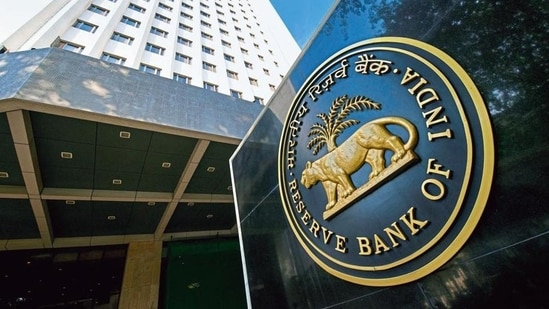RBI Governor Shaktikanta Das-led Monetary Policy Committee (MPC) commenced its three-day session on Tuesday to determine the upcoming bi-monthly policy, with the decision of the six-member MPC to be announced on Thursday.
Analysts predict that the central bank may opt to maintain the current pause on the repo rate. The borrowing cost, which experienced an upturn starting from May last year, has stabilised due to the RBI’s consistent maintenance of the repo rate at 6.5 per cent since its upward adjustment from 6.25 per cent in February. Subsequently, in both the April and June bi-monthly policy reviews, the benchmark rate remained unaltered.
ALSO READ: Why RBI chose not to pivot to growth
Expectations from RBI’s MPC meet
“While the inflationary pressures are upward owing to primary vegetables and some other food items, given that the inflation print is going to be below 6%, the MPC can afford to continue with a pause,” told Ranen Banerjee, Partner, Economic Advisory Services, PwC India to HT.
He added that the yield differential between US and India is almost similar to what it was two months back and the reserves have become stronger crossing USD 600 billion. Thus, there is no immediate pressure or concern emerging from that front too.
Additionally, he said the demand continues to be weak at the lower value end of the spectrum and hence the Indian inflation continues to be a supply-side driven one. Thus, there is no immediate trigger for a rate increase.
“The commentary will continue to be hawkish with emphasis on data-dependent actions on the back of impacts seen from the rate increases by BoE, ECB and the US Fed,” said Banerjee.
According to Rohit Arora, chief executive and co-founder, Biz2Credit and Biz2X, “In light of the Federal Reserve’s recent 25 bps rate hike, the RBI may take a decision to maintain steady interest rates.”
“Amidst challenges such as rising food inflation in July and a 20% surge in oil prices from USD71 to USD84 per barrel, may drive the need for a deliberate and strategic manoeuvring,” he said.
